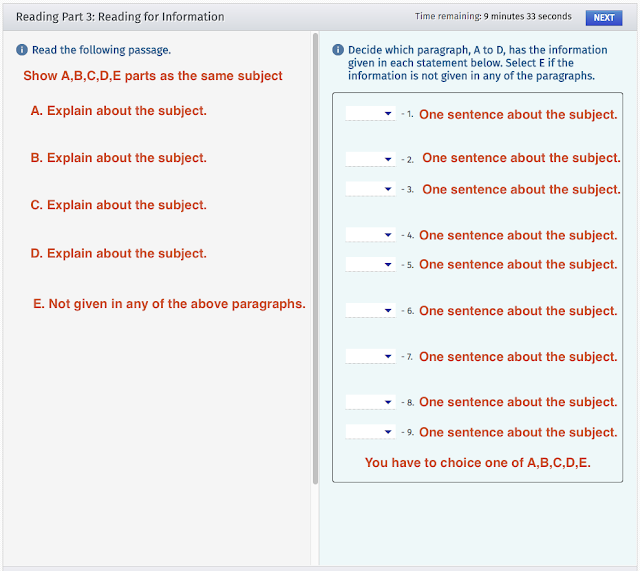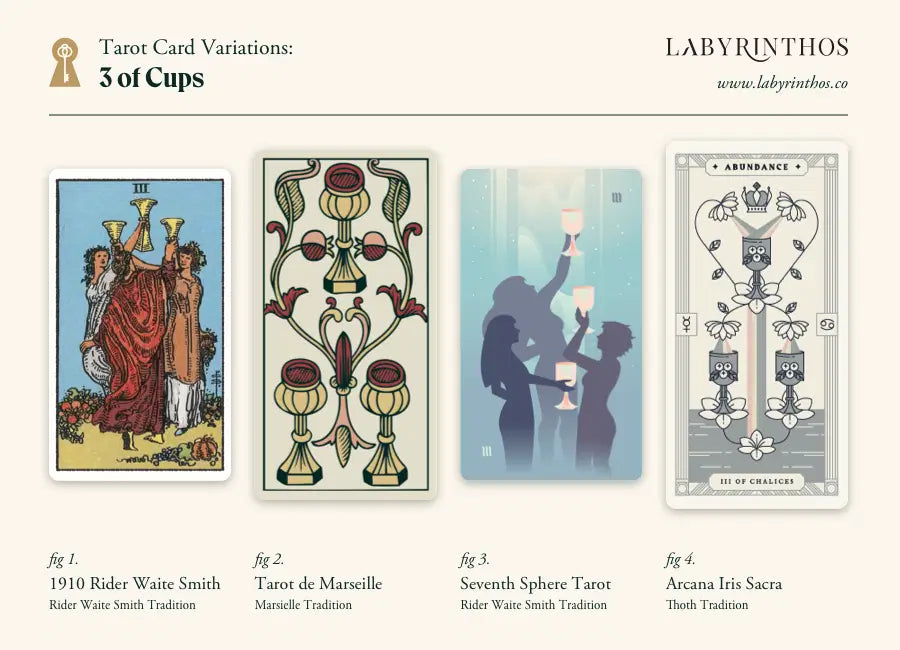Started Off Drowning in Tarot Books
Man, when I first grabbed a deck, I thought I had to be some kind of mystic genius. I bought every book they sold, trying to understand what the heck a full spread even meant. I memorized the upright meaning, the reversed meaning, the elemental association, the astrological angle—the whole darn mess. If you asked me what the Three of Cups meant, I’d rattle off five contradictory paragraphs about ‘celebration, reunion, harvest, spiritual community, possible pregnancy, and don’t forget the reversed excess and gossip.’ It sounded smart, but when someone actually pitched me a real, urgent question, my brain just froze up.

I remember this one time, my buddy called up asking if he should switch jobs. He was stressing hard. I pulled a three-card spread, and there it was: the Three of Cups right in the center, representing the current situation. I sat there staring at the card for twenty minutes. Is he celebrating getting the new job? Is the current job gossip causing trouble? Am I supposed to tell him to go to a party and ask strangers for career advice? I slammed the reference book shut. The reading was absolutely useless. It wasn’t simple; it was a bureaucratic headache. I figured out fast that if the advice takes longer than a minute to pull out and deliver, nobody is going to listen, and the moment has already passed.
I realized I was reading like a professor grading papers, not like someone helping a friend. That’s when I decided to stop chasing complexity and start chasing clarity. I tossed the books into a corner and vowed to simplify everything. If I couldn’t explain the card’s meaning in three seconds, the meaning was too complicated to use.
The Great Simplification: Chopping Off the Fluff
I realized the core problem wasn’t the cards; it was the layers of academic noise I had piled on top. I needed to chop off all the extra fluff. So, I decided to run a serious, brutal experiment. I took out the Three of Cups—that card that always makes you think too much about parties—and stripped it down to the studs. No reversals. No elemental signs. Just three plain English keywords that hit you right in the gut and demand action.
Here’s what I came up with for Tre Coppe:
- Vibes: Socializing/Friends
- Action: Team Up
- Warning: Too Much/Overdoing It
I committed myself to only using those three ideas, no matter what the question was. It sounds incredibly basic, but that’s the entire point. I created this ironclad rule: if the card comes up, the advice must be actionable and derived only from those three words. No historical context. No deep dive into numerical significance. I tossed the complex ten-card Celtic Cross spread too. From now on, it was just a quick three-card pull: Situation, Challenge, Advice. That’s all anyone really needs.

I spent the next week just drilling myself. I would ask myself simple, boring questions—”Should I go to the gym later?”—and if the Three of Cups showed up, I forced the answer to fit those keywords. If it was Advice: “Team Up (find a workout buddy).” If it was Challenge: “Too Much (you’re overtraining).” This practice trained my brain to bypass the complex memory vault and trust the gut feeling sparked by the three quick labels.
Testing the Quick Draw Method on Real Chaos
The real test was applying this ridiculously simple framework to real-life chaos, not just my gym schedule. I started small. My sister was stressing about a big event she was planning; she had too many ideas floating around. She asked if she should hire a new vendor.
I shuffled, pulled, and boom—Three of Cups in the Challenge spot. Before, I’d be thinking about ‘communal harmony’ or ’emotional fulfillment’ or whether the celebration was being reversed by a bad caterer. Now, I just looked at my three words. ‘Too Much’ was the obvious hit. My immediate response was: “Stop looking for new vendors. You are already doing too much, and adding another person is just going to complicate the coordination. You need to scale back what you’re trying to achieve first.” She stopped dead, said that was exactly the truth she was ignoring, and did exactly that. The whole reading took under two minutes.
I ran this drill again and again over the next month. A colleague asked about a sensitive situation with a subordinate. Tre Coppe showed up in the Advice spot. ‘Socializing/Team Up’ was the clear path. “Don’t write a memo or send an email. You need to pull them aside, maybe grab a coffee, and socialize the solution face-to-face. Make it a team effort to fix the issue.” I watched how quickly the advice clicked when it wasn’t filtered through layers of academic garbage. People recognized the simple truth instantly.
I figured out the key wasn’t predicting the future, but giving someone the simplest possible guidance based on a primal image. That complexity I used to chase? It just muddied the waters and made me sound like an idiot. The moment I trusted the simplest interpretation—the one that popped into my head first, fueled by those three keywords—the readings got better, they got faster, and people actually used the advice. I found that the card works best when it’s not a mystery, but a mirror reflecting the obvious advice they didn’t want to hear.

What I Learned Sticking to the Basics
I pushed this radically simplified approach hard for six months. I stopped caring if I was “right” according to the musty old books and only cared if the advice helped someone move forward with their actual life. The results were absolutely clear: trying to be profound kills practicality dead.
If you’re stuck reading the cards, especially those that look deceptively simple and happy like the Three of Cups, you need to cut the cord. Rip out those convoluted associations. Force yourself to only use three, maybe four, single words. When the card lands, you must link those words directly to the client’s current emotion or stated question, immediately. Don’t think about secondary meanings. If it doesn’t make sense right away, your three words are probably wrong for the card, so tweak them and keep practicing. The point is flow, not history.
I ended up throwing out almost every advanced concept I learned at the start. It turned the whole process from a confusing, academic exercise into a quick, intuitive tool. Tre Coppe reading simple? Yeah, it is. You just have to be willing to burn the rulebook first and trust that the simplest answer is usually the right one.
